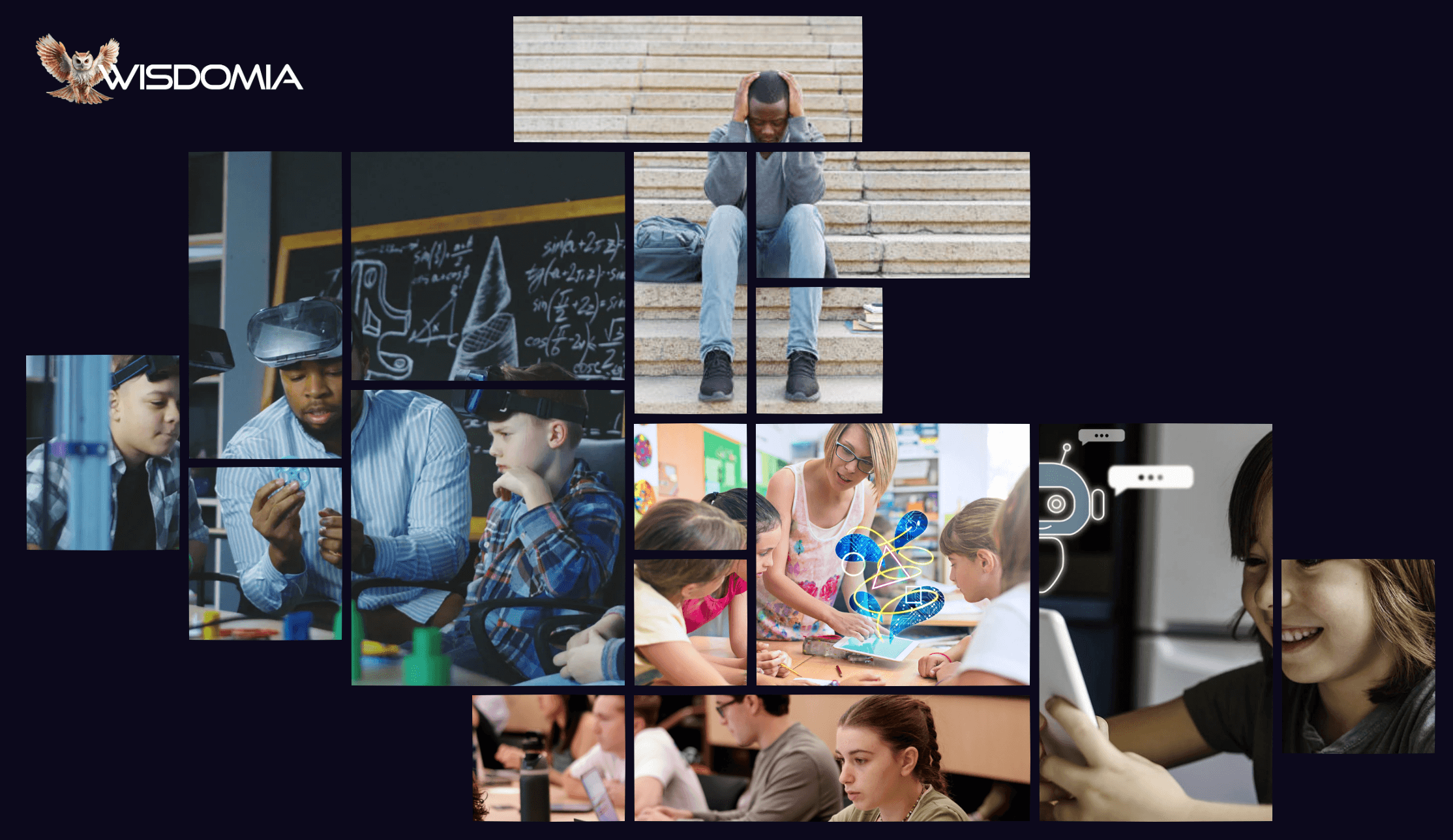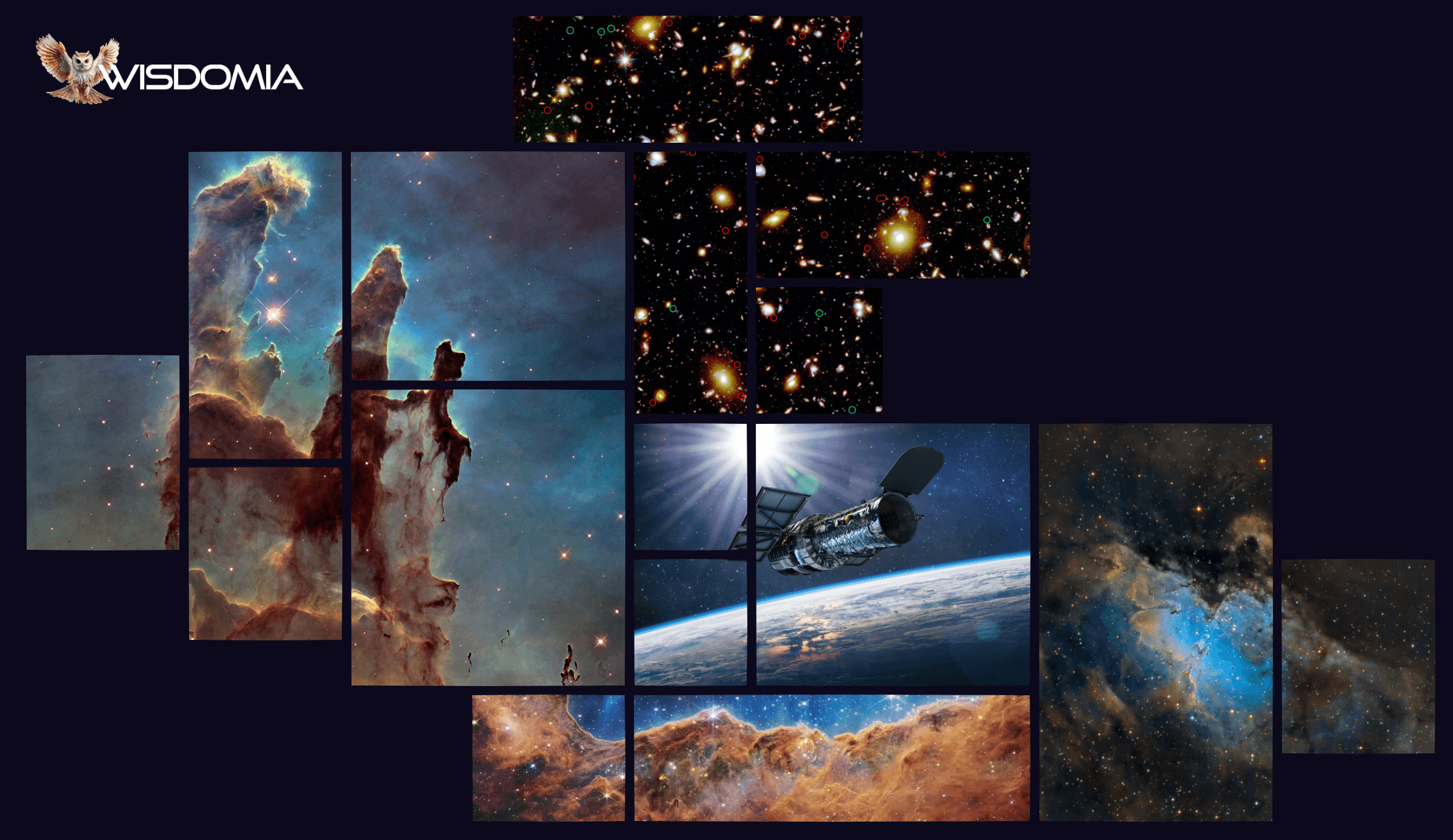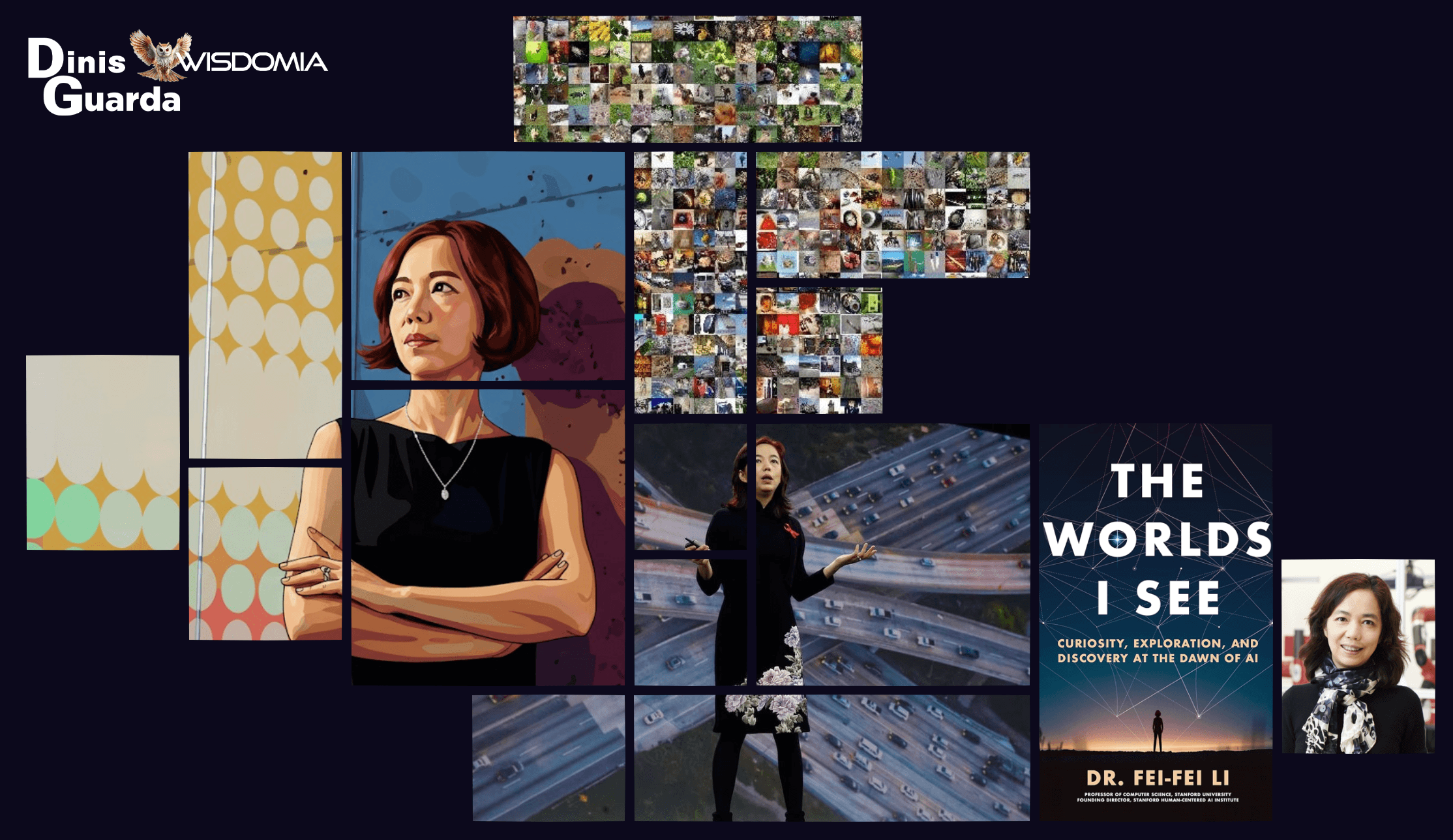Exploring the Human Mind: Unraveling Why We Think the Way We Do
Sara Srifi
Tue Oct 28 2025
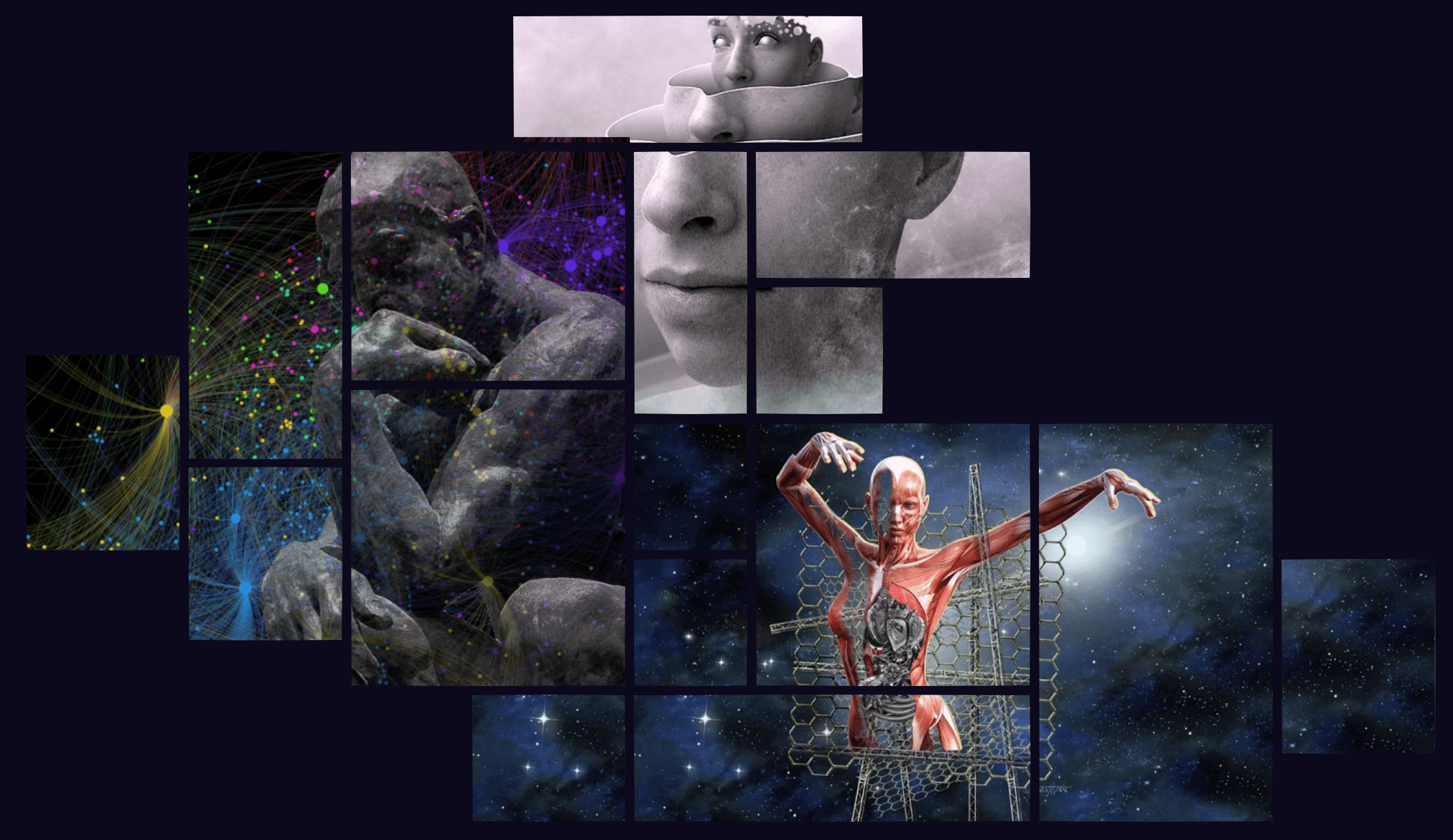
Explore why we think the way we do. Journey into the human mind, uncovering psychology's insights into cognition, emotions, habits, and social influence.
Ever wonder why you do the things you do? Or why some people react one way and others completely differently? It's all about the human mind, and honestly, it's a pretty wild place. This article is going to be a bit of a deep dive, looking into what makes us tick, from how we learn and remember to why we sometimes act without even thinking. We'll touch on everything from our habits to how we deal with tough stuff and even why we sometimes just go along with the crowd. Get ready to explore the fascinating world of 'Why We Think the Way We Do: A Journey Into the Human Mind.'
Key Takeaways
- Our thinking happens in two main ways: one is quick and instinctive, the other is slower and more deliberate.
- We often make decisions based on mental shortcuts, called cognitive biases, which can sometimes lead us astray.
- Habits are powerful; understanding how they form can help us change our behavior, for better or worse.
- Our emotions play a huge role in how we think and act, and learning to manage them is important.
- We are heavily influenced by the people around us, sometimes without even realizing it.
Unveiling The Depths Of Psychological Understanding
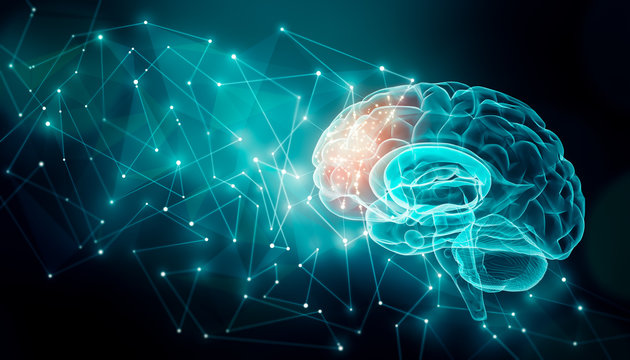
It's pretty wild when you stop and think about it, isn't it? Our minds are just these incredibly complex things, and trying to figure out why we do what we do can feel like trying to solve a puzzle with half the pieces missing. Psychology, as a field, is basically our best attempt at putting those pieces together. It’s not just about understanding big, complicated theories; it’s about getting a handle on the everyday stuff – why you suddenly crave chocolate, or why you get that weird feeling when you walk into a room full of strangers. The more we learn about psychology, the more we understand ourselves and the people around us.
The Intricacies Of Our Mind
Thinking about the human mind is like looking into a really deep well. There's so much going on beneath the surface that we're not even aware of. We have thoughts popping up, feelings shifting, and impulses we don't always control. It's a constant, busy place in there. Trying to map it all out is a huge challenge, but it's also what makes us, well, us. It’s this intricate network that shapes how we see the world and how we react to it.
Exploring The Enigmatic Labyrinth Of Our Psyche
Our psyche, or our inner self, is often described as a labyrinth. It's easy to get lost in there, right? Sometimes we feel like we don't even understand our own motivations. Psychology offers us a map, or at least some helpful signposts, to navigate this complex inner world. It helps us look at things like our dreams, our memories, and even those gut feelings we get. By examining these elements, we start to see patterns and understand the hidden currents that influence our conscious thoughts and actions. It’s a journey into the unknown, but one that can lead to some pretty significant self-discovery. For a good starting point on this exploration, you might look into depth psychology concepts.
Mechanisms Governing Thoughts And Behaviors
So, what actually makes us think and act the way we do? It’s a mix of things, really. Our brains are wired in certain ways, our past experiences leave their mark, and the environment we're in plays a big role too. Psychologists have identified several key mechanisms. Here are a few:
- Learning: We learn from what happens to us, both good and bad. This shapes our future responses.
- Motivation: What drives us? It could be basic needs like hunger, or more complex desires like wanting to achieve something.
- Social Cues: We're constantly picking up on signals from other people, which can influence our decisions.
- Habits: Many of our actions are on autopilot, thanks to habits we've built up over time.
Understanding these underlying mechanisms doesn't mean we suddenly have perfect control over everything we do. But it does give us a better idea of why certain things happen and how we might be able to influence them, even just a little bit.
It's a fascinating area, and the more we peel back the layers, the more we realize how much there is still to learn about the human mind. It’s a lifelong study, really.
Foundations Of Human Cognition

So, how do we actually think? It's not just one big, messy process. Turns out, there are some pretty distinct ways our brains handle information. Understanding these basic building blocks is key to figuring out why we do what we do.
The Two Systems Of Thinking
Think of it like having two different modes for processing stuff. One is super fast, almost automatic, and relies on gut feelings. The other is slow, deliberate, and requires actual effort. Most of the time, we're running on the fast system, which is great for quick decisions but can also lead us astray.
- System 1 (Fast): Intuitive, emotional, quick, and often unconscious. It's what helps you react instantly to a sudden noise or recognize a familiar face.
- System 2 (Slow): Logical, analytical, effortful, and conscious. This is what you use when you're trying to solve a math problem or plan a complex trip.
Cognitive Biases And Decision-Making
Because we often rely on that fast System 1, our thinking isn't always perfectly rational. We have these built-in shortcuts, called cognitive biases, that can mess with our judgment. They're not necessarily bad; they help us make decisions quickly. But they can also lead to some pretty weird conclusions.
Here are a few common ones:
- Confirmation Bias: We tend to look for and believe information that already fits what we think.
- Availability Heuristic: We overestimate the importance of information that's easily recalled, like recent news stories.
- Anchoring Bias: We rely too heavily on the first piece of information we get when making a decision.
These mental shortcuts are like mental habits. They're efficient, but sometimes they make us jump to conclusions without really checking the facts. It's like assuming a whole pizza is bad because one slice was burnt.
Perception, Memory, And Problem-Solving
These are the core tools our minds use. How we perceive the world shapes our reality. Our memory stores our past experiences, influencing our present actions. And problem-solving is how we figure things out when faced with a challenge.
- Perception: It's not just seeing what's there; it's how our brain interprets sensory input. We fill in gaps and make assumptions based on past experiences.
- Memory: It's not a perfect recording. Memories can be altered, forgotten, or even created. Think about how different people remember the same event.
- Problem-Solving: This involves understanding the issue, coming up with solutions, and then trying them out. It can be straightforward or incredibly complex, depending on the problem.
Navigating The Human Condition
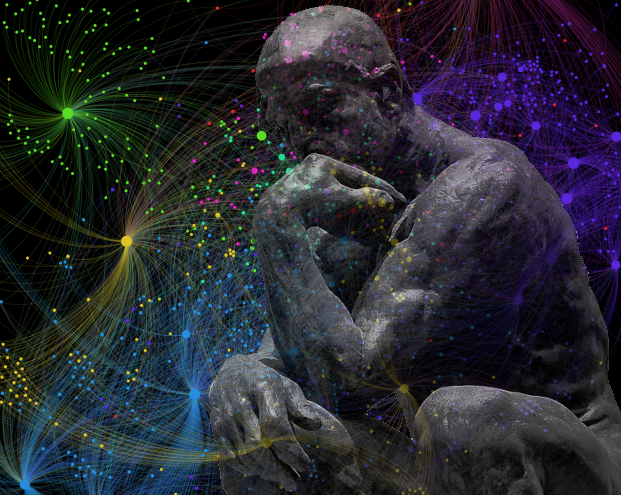
The Search For Meaning And Purpose
It's a question that pops up for most of us at some point, right? Why are we here? What's the point of it all? This isn't just some philosophical musing; it's a deep-seated human need. We naturally look for reasons behind our actions and the events in our lives. Without a sense of purpose, things can feel pretty hollow. It's like being adrift without a compass. Finding what drives you, what makes you feel like your life has significance, is a big part of figuring out who you are. It can be anything, really – a passion, a goal, helping others, or even just appreciating the small things. The quest for meaning is what often propels us forward.
Resilience In The Face Of Adversity
Life throws curveballs, and sometimes, it feels like a whole batting cage. We all face tough times, whether it's a personal loss, a career setback, or just a really bad day. What separates people isn't necessarily avoiding these hardships, but how they bounce back. This ability to recover, to adapt, and even grow from difficult experiences is what we call resilience. It's not about being tough all the time; it's more about having the inner strength to keep going when things get rough. It involves a mix of things like having a positive outlook, strong social connections, and a belief in your own ability to handle challenges. It's a skill that can be developed, not something you're just born with.
Understanding The Human Psyche
Getting a handle on why we do the things we do is a lifelong project. Our minds are incredibly complex, and there's always more to learn. We're influenced by our past experiences, our environment, and even things we're not fully aware of. Understanding these influences helps us make sense of our own behavior and the behavior of others. It's about recognizing that we're not always rational actors and that our emotions play a huge role in our decisions. This self-awareness is key to personal growth and building better relationships. It’s a journey of continuous self-discovery.
Here are some common elements that contribute to our psychological makeup:
- Past Experiences: What happened to us shapes our beliefs and reactions.
- Social Connections: The people we surround ourselves with have a big impact.
- Belief Systems: Our core values and what we hold to be true.
- Emotional Responses: How we feel and express ourselves.
We often think we're in control, making logical choices, but a lot of what we do is driven by deeper, sometimes hidden, factors. Recognizing this is the first step to understanding ourselves better.
The Science Of Habits And Behavior
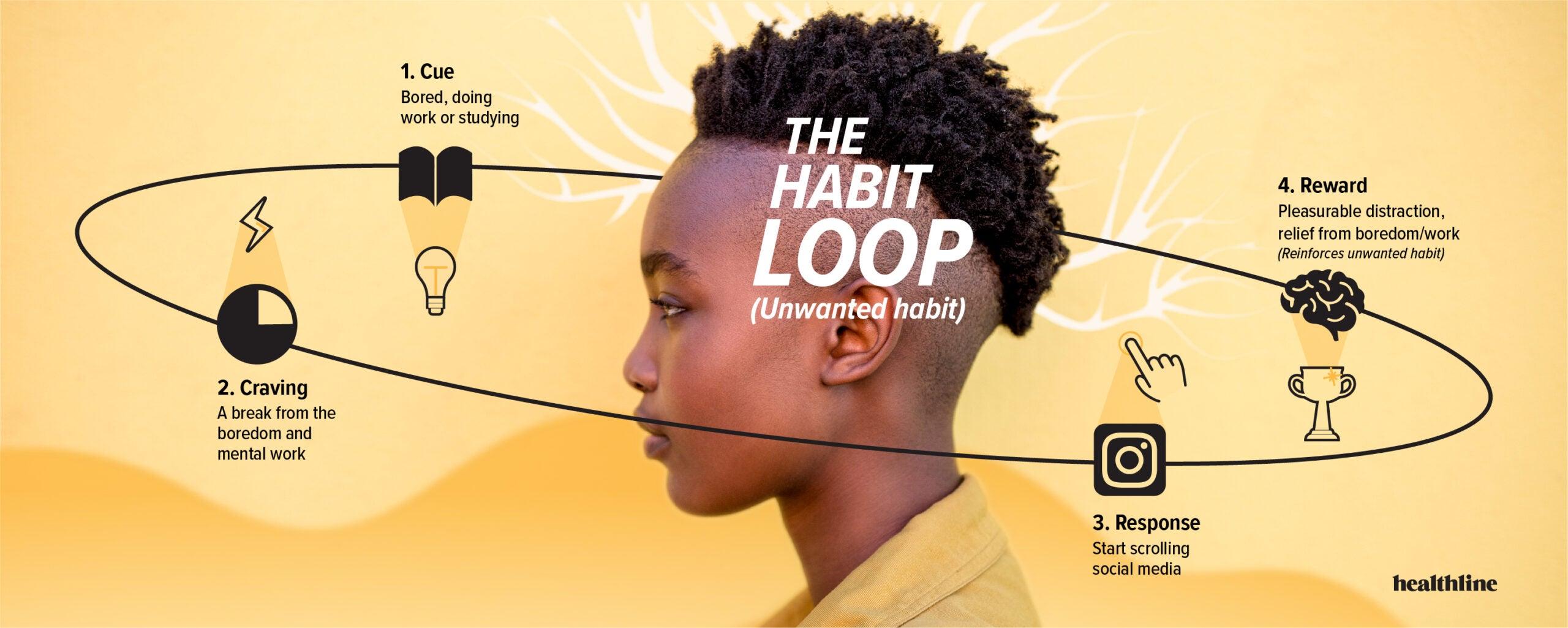
Ever feel like you're on autopilot? That's the power of habits at play. They're the automatic routines that shape a huge chunk of our daily lives, from brushing our teeth to how we react when stressed. Understanding the science behind them isn't just interesting; it can be a game-changer for personal growth.
The Intricate Science Behind Habits
Habits aren't just random actions; they're neurological loops. Think of it as a three-step process: a cue, a routine, and a reward. The cue is the trigger – maybe it's a time of day, a place, or a feeling. The routine is the behavior itself, the action you take. And the reward? That's the positive feeling or outcome that makes your brain want to repeat the loop next time the cue appears. This cycle is how our brains conserve energy, making familiar actions automatic. Over time, this loop gets stronger, making the habit harder to break.
Neurological And Behavioral Patterns
When a habit forms, specific pathways in our brain become more efficient. The basal ganglia, a deep part of the brain, plays a big role in this. It's like the brain's habit center. As a behavior becomes habitual, less conscious thought is needed. This is why you can drive a familiar route without really thinking about every turn. But this efficiency can work for or against us. Bad habits, like mindlessly scrolling through social media, also get wired into these pathways, making them tough to shake.
Achieving Personal Transformation
So, how do you change a habit? It's not about willpower alone. It's about understanding the habit loop. First, identify the cue and the reward. Once you know what's triggering the behavior and what you're getting out of it, you can start to tweak the routine. Can you substitute a healthier behavior for the old one when the cue hits? For example, if you always grab a sugary snack at 3 PM (cue), and the reward is a temporary energy boost, maybe you could try a brisk walk or a piece of fruit instead. Small, consistent changes are key. It takes time, but by consciously working with the habit loop, you can rewire your brain for better outcomes.
Changing habits is less about brute force and more about smart strategy. It involves understanding the underlying mechanisms and making deliberate, often small, adjustments to the routine while keeping the desired reward in mind.
Exploring Emotional Landscapes

Emotions are a big part of being human, aren't they? They color everything we do, from the smallest decision to the biggest life choices. Understanding these feelings, where they come from, and how they affect us is a huge part of figuring out ourselves and others.
The Nature Of Different Emotions
We experience a whole spectrum of feelings. Think about joy, sadness, anger, fear, surprise, and disgust. These aren't just random occurrences; they often serve a purpose, signaling something important about our environment or our internal state. For instance, fear can alert us to danger, while joy might signal that something good is happening. It's not always black and white, though. Sometimes, emotions can be mixed, or they might not seem to fit the situation perfectly. That's where things get really interesting.
Underlying Mechanisms Of Affect
So, what's actually happening inside us when we feel something? It's a complex interplay of brain activity, body chemistry, and past experiences. Certain brain areas, like the amygdala and the prefrontal cortex, are heavily involved in processing emotions. Hormones and neurotransmitters also play a significant role, influencing how intense a feeling is and how long it lasts. Our past experiences and how we've learned to interpret situations also shape our emotional responses. It's like a complicated recipe where many ingredients come together to create the final emotional dish.
Strategies For Emotional Regulation
Feeling things deeply is one thing, but managing those feelings so they don't run the show is another. This is where emotional regulation comes in. It's not about suppressing emotions, but rather about understanding them and responding in a healthy way. Some common strategies include:
- Mindfulness: Paying attention to your feelings without judgment.
- Cognitive Reappraisal: Changing how you think about a situation to alter your emotional response.
- Deep Breathing Exercises: Simple techniques to calm your nervous system.
- Seeking Support: Talking to friends, family, or a professional.
Learning to manage our emotions is a skill that takes practice, but it's incredibly important for our overall well-being and how we get along with others. It's about finding a balance between feeling our feelings and not letting them overwhelm us.
It's a journey, for sure, and one that's worth taking. Understanding our emotional landscape helps us navigate life's ups and downs with a bit more grace and a lot more self-awareness.
The Power Of Social Influence

We humans are pretty social creatures, aren't we? It's hard to imagine life without other people around. And it turns out, the people we interact with, even just the idea of them, really shape how we think and what we do. It's not just about big decisions either; it's in the little everyday stuff too.
How Others Shape Our Thoughts
Think about it. Have you ever found yourself agreeing with a group just to fit in, even if you weren't totally sure? That's a common thing called conformity. We often adjust our views or actions to match what we think others expect. It's like our brains are wired to seek that sense of belonging. This can be a good thing, helping societies run smoothly, but it can also lead us down paths we might not choose on our own. Understanding this tendency is a big step in making more independent choices.
The Phenomenon Of Conformity
Conformity isn't always a bad word. It's how we learn social norms, like how to behave at a dinner party or what's considered polite. But sometimes, the pressure to conform can be really strong. Imagine being in a situation where everyone else is doing something, and you're the only one who feels it's wrong. It takes a lot of guts to stand out.
Here are a few reasons why we tend to go along with the crowd:
- Desire for Acceptance: We want to be liked and accepted by our friends, family, and community.
- Fear of Rejection: The thought of being excluded or ridiculed can be a powerful motivator to conform.
- Information Seeking: Sometimes, we're genuinely unsure about the right course of action, and we look to others for clues.
- Groupthink: In some cases, groups can become so focused on agreement that they shut down dissenting opinions, leading to poor decisions.
Obedience To Authority
Then there's the whole obedience thing. We're often taught from a young age to respect and obey authority figures – parents, teachers, police officers. This is also important for society to function. But history is full of examples where obedience to authority led people to do terrible things. It's a tricky balance, knowing when to follow and when to question.
The influence of social pressure is a constant, often subtle, force in our lives. Recognizing its presence is the first step toward managing its impact on our personal judgments and actions.
This is why understanding social psychology is so interesting. It helps us see why we do the things we do, not just as individuals, but as part of a bigger social picture.
The Unconscious Mind And Its Influence

Exploring the Hidden Depths of the Mind
Ever feel like you do things without really knowing why? That's often the unconscious mind at play. It's like a vast, hidden part of our brain that stores a lot of stuff – memories, feelings, even urges – that we aren't actively thinking about. Sigmund Freud, a big name in psychology, really pushed the idea that this hidden part of us has a huge impact on how we act and what we think, even if we don't realize it.
Unresolved Conflicts and Repressed Desires
Sometimes, things happen in our lives that are too tough to deal with head-on. Our minds might push those difficult feelings or memories away, burying them in the unconscious. This doesn't mean they disappear, though. They can still pop up later, influencing our moods, relationships, or even causing physical symptoms. It's like having a secret that keeps affecting you without you knowing its source.
Unconscious Processing and Decision-Making
It turns out, a lot of what our brain does happens without us even noticing. Think about driving a familiar route – you might be thinking about your day, but your hands know exactly where to go. That's unconscious processing. Studies suggest that our unconscious mind can actually make decisions and process information way faster than our conscious mind. It's a constant, quiet hum of activity that shapes our choices more than we might think.
Here's a look at how unconscious influences might show up:
- Gut feelings: That strong intuition you get? It might be your unconscious mind piecing together subtle cues.
- Automatic reactions: Why do you flinch at a loud noise? It's a survival instinct, processed before you even consciously register the sound.
- Preferences: Sometimes we just like or dislike something without a clear reason. This could be linked to past experiences stored in our unconscious.
The idea that we're not always in complete control of our own minds can be a bit unsettling. But understanding that there's a whole other layer to our thinking, one that works behind the scenes, can actually be quite freeing. It opens up possibilities for self-discovery and growth by acknowledging these hidden influences.
Wrapping Up Our Mental Journey
So, we've taken a pretty good look at why we do the things we do, and honestly, it's a lot. Our brains are complicated, and sometimes they work in ways that surprise even us. From how we learn things to why we react to stuff the way we do, there's always something new to figure out. It’s not like there’s one simple answer to everything, but understanding even a little bit more about our own minds, and the minds of others, can really make a difference. It helps us get along better, make smarter choices, and just generally feel more in tune with ourselves and the world around us. Keep asking questions, keep exploring – that’s how we keep growing.
Frequently Asked Questions
What is psychology all about?
Psychology is like a detective story for the human mind! It's the study of why we think, feel, and act the way we do. Scientists in this field try to figure out what makes people tick, from how we learn things to why we get happy or sad.
Are there different ways people think?
Yes! Think of it like having two speeds for your brain. One is super fast and uses gut feelings, like when you instantly know not to touch a hot stove. The other is slower and more careful, like when you're solving a tricky math problem. Both are important!
Why do we sometimes make silly mistakes in our decisions?
Our brains have shortcuts, kind of like little tricks, that help us make decisions quickly. But sometimes these shortcuts can lead us astray, making us think or decide things in ways that aren't quite right. These are called 'thinking traps' or 'biases'.
How do our emotions work?
Emotions are like the colors of our feelings – happy, sad, angry, scared. They happen for different reasons and affect how we think and act. Learning to understand and manage these feelings, like taking deep breaths when you're upset, is a big part of growing up.
Does being around other people change how we act?
Absolutely! We're social creatures. Sometimes we copy what others do to fit in, or we might do what someone in charge tells us, even if it feels a bit weird. It's fascinating how much other people can influence us.
Is there a part of our mind we don't even know about?
Many scientists believe so! It's called the 'unconscious mind.' It's like a hidden part of your brain that can influence your thoughts and actions without you even realizing it, sometimes holding onto old feelings or memories.
previous
Beyond the Peaks: How Mountains Transform Your Mental Health
next
Elder Voices of the Millennium: Shirin Neshat
Share this

Sara Srifi
Sara is a Software Engineering and Business student with a passion for astronomy, cultural studies, and human-centered storytelling. She explores the quiet intersections between science, identity, and imagination, reflecting on how space, art, and society shape the way we understand ourselves and the world around us. Her writing draws on curiosity and lived experience to bridge disciplines and spark dialogue across cultures.



